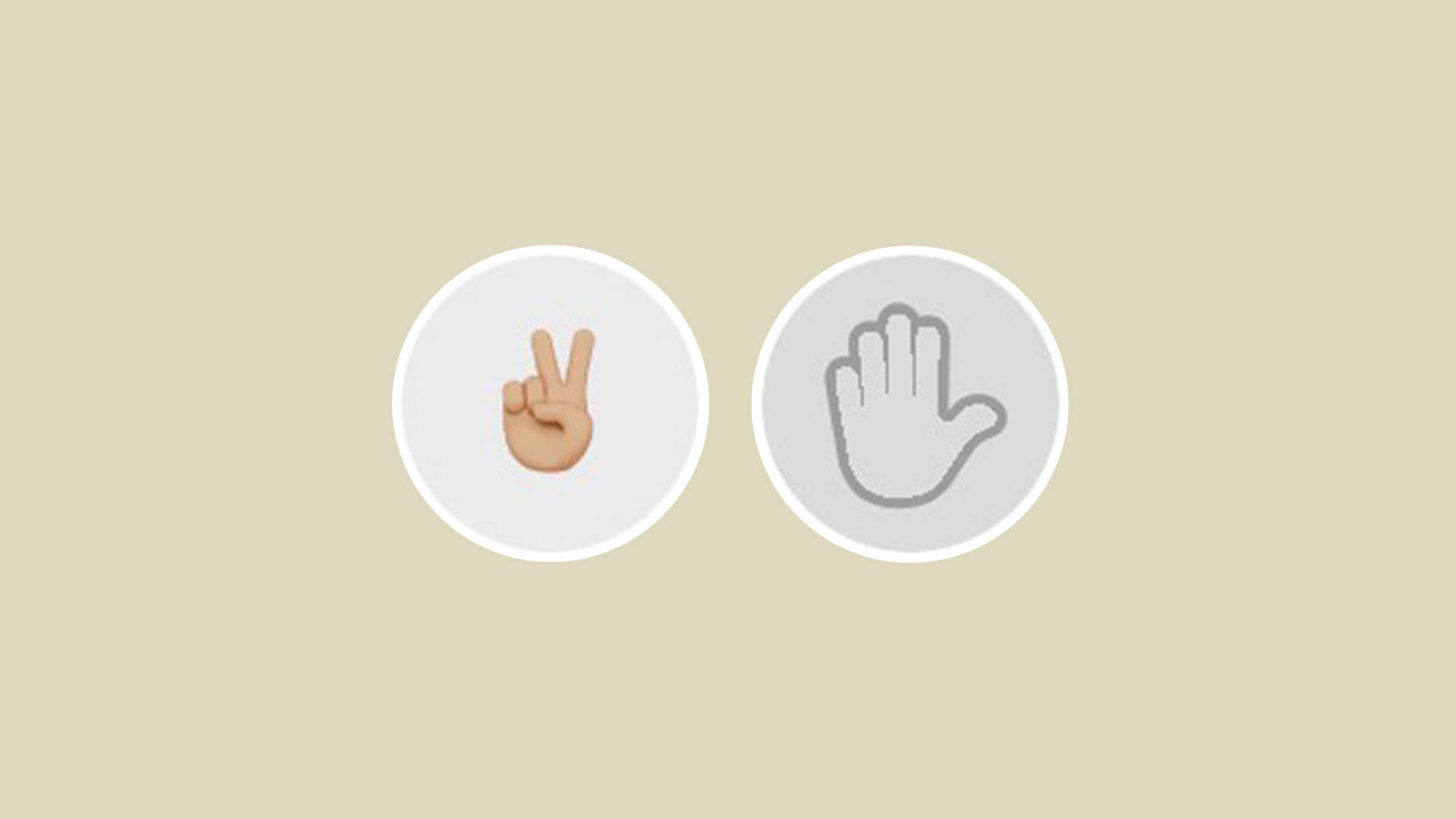
The new Clubhouse app has a simple premise: drop-in audio chats that anyone can start, and anyone can join. Naturally, the app, like anything else that brings together a collection of random people, provides a varied reflection of society. Different rooms offer different experiences. Some are funny. Some are informative. Some are even raunchy.
Clubhouse chats aren’t recorded (or at least they aren’t supposed to be) according to the app’s rules. The format allows for one-time-only moments akin to listening to the radio back in the day. So far, the entertainment industry’s interactions with the invite-only app have been a mixed bag. There are rooms where industry vets share untold hip-hop lore and give game to aspirants, and Clubhouse beat showcases have led to placements for up-and-coming producers. But the rooms that have received the most buzz (the kind that carries over into Twitter commentary) have been chaotic celebrity bait fests. Already, some feel like they see what the app can be, and what it won’t be.
The invite-only app was developed by Paul Davison and Rohan Seth, and has been in beta since May. New users can initially invite one other person, and are offered more invites as they engage in discussions. That dynamic means that much of the user base are people in close proximity with each other, including those in the entertainment industry orbit. Artists, actors, managers, producers, journalists, and executives have populated the app, interacting with each other in unprecedented fashion.
Since joining the app on October 30, I’ve experienced these moments and seen commentary about them on Twitter. A quick Twitter search will unveil users talking about some of Clubhouse’s early golden moments. Gucci Mane popped into a massive chat right after his unforgettable Verzuz battle with Jeezy. Big Tigger started a room to get questions from fans before he interviewed Ice Cube about his dealings with the Trump administration. Lupe Fiasco is a heavy presence on the app, talking with users about the music business, investing, and his favorite foods. 21 Savage has held an R&B room, where he sang his heart out to the enjoyment of hundreds. Mase recently held court in a relationship advice chat that lasted hours.
And of course, there are the beat battles which have been hosted and attended by the likes of Cardo, Boi-1da, Vinylz, Sonny Digital, Metro Boomin, No I.D., Sevn Thomas, and even Drake, who was present for a recent battle and gave a young producer named Loudy Luna a follow after enjoying her production. Producer Lophiile also got a Giveon placement from the app.
Clubhouse has one-of-a-kind strong points. Where else could you interact with legendary DJ Red Alert while he talked to Bun B about UGK, hear Just Blaze tell stories about the Roc-A-Fella days, or talk about creative processes with Lupe while he writes bars?
Celebrities also engage with users in virtual panels like the Pussy Rap and All That series. Pussy Rap creator Mikeisha Vaughn tells Complex she started the discussions to combat the misogynistic notions that all women rap about is their body, especially when “a lot of these women can rap these male rappers under a table,” as she contends. Pussy Rap co-host and writer Kia Turner (who also has an album-focused Deconstructed series) says that the talks allow them to “speak on the historical and cultural implications of sexuality and sexual prowess from women in hip hop” from a feminist/womanist lens. The discussions are also co-hosted by writers Robyn Mowatt and Laja H. So far, they’ve had Jean Deaux, Deetranada, Yung Baby Tate, Kodie Shane, and Ken The Man join them. With the country on lockdown, there’s no opportunity to physically convene for such discussions, but every Wednesday at 8:00 p.m. ET, women all over the world get to talk on Clubhouse about “their bodies, sex, education, or social issues.” The series is becoming one of the few reliable safe spaces on the app.
Clubhouse has the potential to be a fun platform to engage celebrities about their interests, talk music with like-minded people, or even get a beat placed. But when it comes to talking about controversial entertainers, prepare for chaos.
There’s immense room for Clubhouse to usurp Twitter as a space for music and culture discussion, and to supplant YouTube and Instagram Live as a primary space for celebrities to interact with fans. The app’s free-flowing format allows for the kind of unpredictability that makes the internet so much fun. But while certain chats can be productive, and even land people career opportunities, other discussions can be exhausting.
The downside of social media interaction is that unfamiliarity leads to disjointed discourse, which rarely ends with shared understanding. Adding celebrity to that mix leads to the chaos of recent weeks on the app, where celebrities like Tory Lanez, Mulatto, Kevin Hart, Jack Harlow, and Chet Hanks have been the subject of contentious, exhausting chats that they or their team entered to further fan flames. Many of the people who were in the chats expressed in their Twitter commentary that nothing was gained from the spectacles.
I felt a similar air of aimlessness to two days of chats about Mulatto, the Atlanta artist whose name is a racial slur. I was in a chat named “Why would you name yourself Mulatto,” which consisted of people expressing the problem with her name clashing who denied its harm, including a couple people on Mulatto’s team. When a chat moderator said that they were willing to talk to Mulatto (who was listening in the non-speaking “audience”) one on one, the rapper’s manager refused, reticent to give anyone the chance to gain attention from speaking with Mulatto. The title of the chat could have easily been perceived as a bait that ruined any chance of a productive talk.
Online discourse has been pervaded by so much opportunism, defensiveness, and bluster from people uneducated on certain topics that it’s nearly impossible for people who don’t know each other to have a good faith discussion. Referendums about misogyny, colorism, appropriation, and other sensitive topics need to be held with understanding and grace, which can be difficult to come by with strangers on social media. These contentious debates often go in circles that make listeners feel like the entire exercise is pointless.
The best way to improve the quality of discourse is with proper chat moderation. Clubhouse chat moderators have the ability to mute speakers on “stage” in order to let one person talk at a time, but some people are better moderators than others, and biases often determine who gets muted and who doesn’t. There are moments on the app when a woman starts to speak, a male comes in after them, and they’re given the floor. It’s up to moderators to maintain order in the chat by controlling the pace of conversation, removing people who make abusive comments, and letting everyone have their chance to speak.
Patriarchal power dynamics also mar the app’s potential. There was immense Twitter commentary about men on Clubhouse talking over women during a recent Kevin Hart-involved discussion. From my experience, it’s not just that they don’t wait their turn, they often interrupt in order to gaslight and spout hateful opinions.
These issues aren’t unique to Clubhouse: misogyny, bad faith discussions, and attention-seeking gaslighting are unfortunate societal norms, so it’s natural that they’d reflect in our digital communication. But Clubhouse’s format makes some of these flaws even more difficult to ignore. While you can block or mute messaging that you don’t want to see on Twitter or Instagram, it’s impossible to disengage from someone blustering in a chat without leaving it altogether. The more that Clubhouse discussions become so disorderly that they trend on other social platforms, the more stigmatized the app will become.
Clubhouse has the potential to be a fun platform to engage celebrities about their interests, talk music with like-minded people, or even get a beat placed. But when it comes to talking about controversial entertainers, prepare for chaos. And many racist trolls don’t even have access to the app yet. Clubhouse’s potential may be capped before it even goes public.
The past couple months were defined by people clamoring for Clubhouse invites. But there are also chaotic downsides that risk scaring off potential users. Clubhouse developers would be wise to figure out how, if at all, they can address the app’s biggest issues now, because they will only be more magnified once it goes public.

